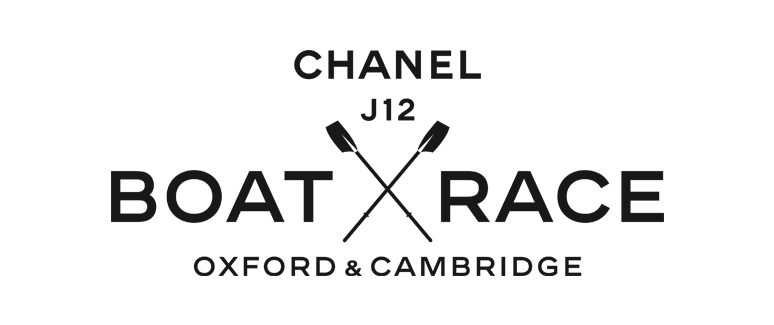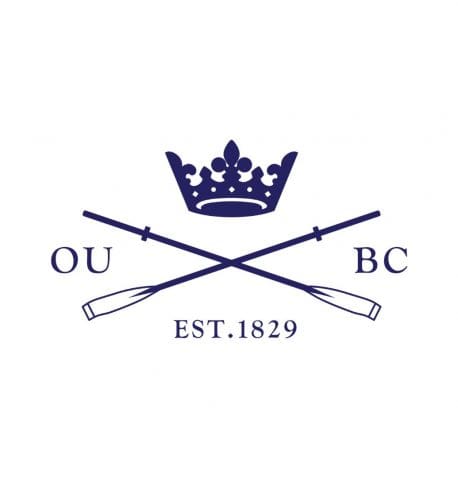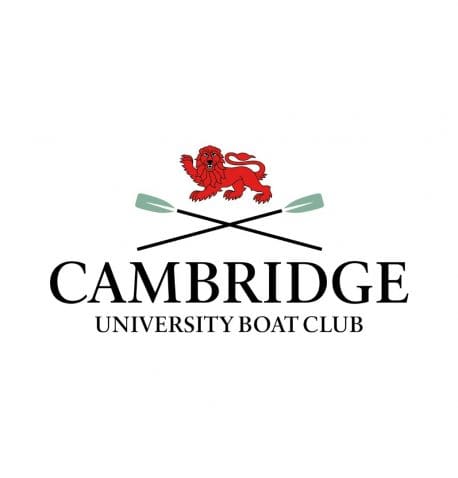OXFORD & CAMBRIDGE UNIVERSITY BOAT CLUBS
The Oxford and Cambridge Boat Clubs were formed with the single mission to win the annual Boat Race, an event that began out of friendly rivalry and has grown to become an iconic British sporting event, attracting global interest.
The clubs are officially run by the student Presidents, elected on an annual basis.
The Presidents are supported by professional coaches and support staff to deliver crews to race in the annual contest. The intense rivalry between the clubs has grown over nearly 200 years and the annual ‘battle of the blues’ is a contest often between the fastest university crews in the world.
Rowing for Oxford or Cambridge and competing in The Boat Race is a unique experience and requires academic and sporting excellence. The student athletes are passionate about The Boat Race and what the historic sporting event represents, it is the competitive nature of the team that drives athletic performance alongside academic achievements for every member of the four squads.
The clubs welcome students of all abilities from a range of backgrounds into a trialling process that starts in September each season. For those students new to rowing at university, the clubs organise Development Programmes, where those who have learned to row with their college boat club can take the next steps to be considered for the university team.
International Representation
Many members of the Oxford and Cambridge crews have gone on to represent their country at international level.
The Squads
In September every year returning Blues and other student aspirants assemble at the respective clubs’ training bases in Oxford and Cambridge.
The initial squads will be a combination of undergraduates, post graduates, returning Blues and members of the previous year’s reserve crew, plus a smattering of experienced rowers from overseas mixed with those who have only recently graduated from the junior ranks.
Very quickly the squads will be whittled down by the coaching teams, using a series of land based and water based testing to chose those who can potentially win The Boat Race.
Training and Testing
Both of the squads are tested rigorously from the moment they start training in September, with many hopeful athletes being cut from the squads along the way. The squads will train two or three times a day, usually with a morning session in the gym on rowing machines or using weights, followed after a day at college by an afternoon or evening session on the water.
Modern, professional testing techniques are used throughout the year, enabling the coaches to monitor a variety of factors which will help them ascertain improvement or otherwise in performance, and tailor their training programmes to each individual.
It is estimated that for every stroke taken in The Boat Race itself the crews will have rowed 600 in practice.



